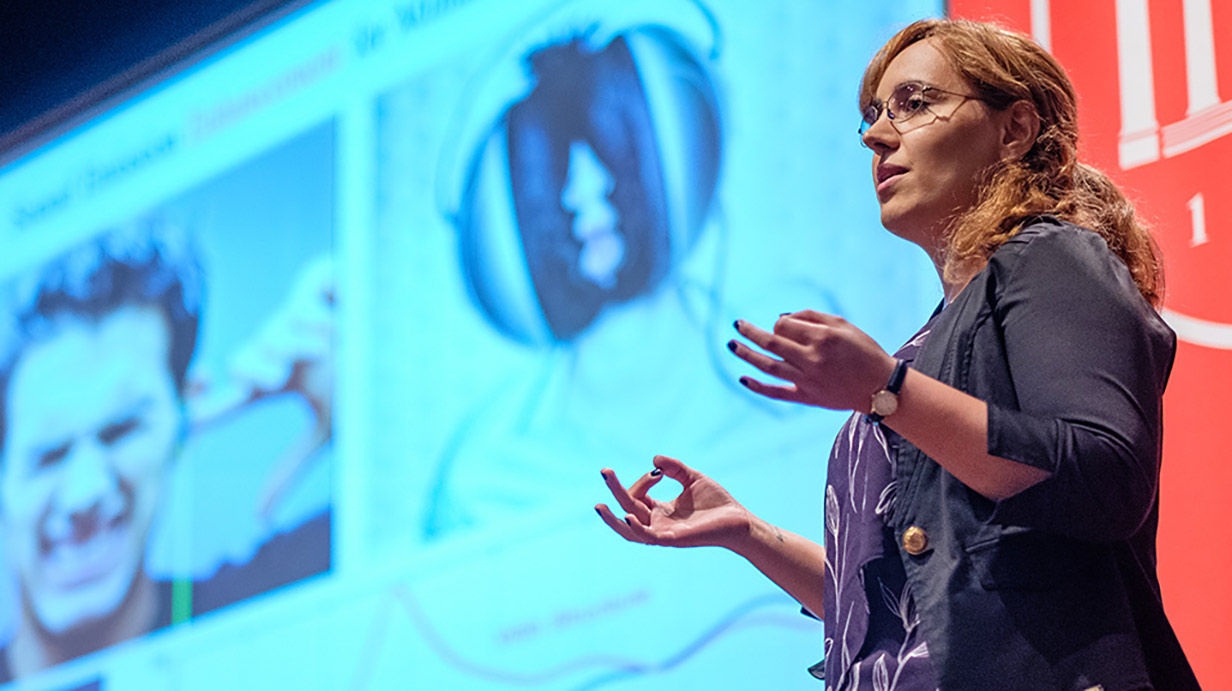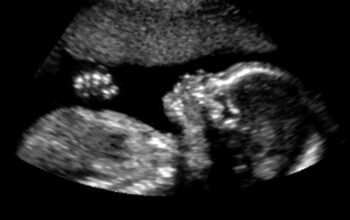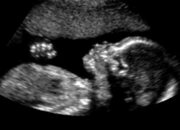Embarking on the journey of a Ph.D. in Physics as an older student presents a unique and profound experience that diverges significantly from traditional narratives. While the challenges are manifold, the rewards of pursuing such an advanced degree later in life are equally compelling. This article will explore the multifaceted dimensions of being an older Ph.D. student in Physics, including the motivations that drive this decision, the inherent challenges faced, the transformative learning experiences encountered, and the ultimate benefits that emerge from this intellectual pursuit.
Motivations for Pursuing a Ph.D. Later in Life
Older students often enter doctoral programs for various reasons. Many possess an established career and seek a deeper understanding of physics, hoping to transition into research or academia. Others might have nurtured a lifelong passion for the subject, only to find the timing more suitable now, given personal or professional circumstances. This motivation imbues their educational journey with a sense of purpose not often found in younger cohorts.
A desire for intellectual stimulation is another common catalyst. Older students frequently report feelings of restlessness or dissatisfaction with their existing careers. Physics, with its enigmatic mysteries and compelling theories, can serve as an invigorating antidote, reigniting a flame of curiosity and wonder that may have dimmed over the years. Furthermore, the pursuit of advanced knowledge and a doctoral degree can fulfill personal ambitions, leading to a profound sense of accomplishment.
The Landscape of Challenges
However, the path is fraught with challenges distinct from those encountered by younger peers. One primary concern is the academic environment, which often leans towards youthfulness. Older students may feel isolated among younger cohorts, prompting feelings of alienation, particularly in dynamic group settings typical in experimental labs or collaborative research projects. Maintaining relevance amidst a shifting discourse, where trends fluctuate rapidly, can also pose a significant challenge. The rapid pace of technological advancements necessitates continuous learning and adaptability. While younger students may more readily acclimate to novel methodologies, older students can find themselves grappling with feelings of obsolescence alongside their enthusiasm for the subject.
Time management constitutes another major hurdle. Older Ph.D. students often juggle multifarious responsibilities, including family, careers, and other obligations. Balancing academic rigor with personal commitments can lead to feelings of overwhelming pressure. They must cultivate effective strategies for managing their time while simultaneously excelling academically—an endeavor that can be daunting.
Moreover, many older students grapple with self-doubt, as the notion of returning to academia after an extended hiatus can create a psychological barrier. Imposter syndrome, which afflicts numerous graduate students, can be exacerbated by the additional responsibility of adult life and prior professional experiences. Overcoming these obstacles requires resilience and a robust support system, whether that be peers, mentors, or supportive faculty members who understand and appreciate their unique circumstances.
A Transformative Learning Experience
Despite the challenges, pursuing a Ph.D. in Physics later in life can evoke transformative learning experiences. Older students often approach complex theories and problems with a depth of understanding borne from previous life experiences. Their diverse backgrounds bring offerings of practical knowledge that can enhance discussions and experimental designs, bridging the gap between theory and application in ways that younger students may not yet grasp. This interplay of lived experience and academic inquiry enriches the collaborative environment, often leading to innovative solutions and fresh perspectives in research.
Additionally, the depth of commitment that older students frequently exhibit can inspire their peers. With an inherent wisdom shaped by navigating the complexities of life, they often serve as informal mentors within their doctoral programs. Their presence can foster a rich academic community, where knowledge is shared freely and students can learn not only from textbooks but also from each other’s life stories.
The Benefits of an Older Student Perspective
The intangible benefits of being an older student in physics are manifold. Older students typically possess a robust motivation fueled by genuine passion. This intrinsic drive often translates into exceptional dedication to their research endeavors, as they meticulously explore their chosen areas of interest. Furthermore, the intellectual rigor expected at the doctoral level can be matched with a level of maturity that allows for critical thinking and innovative problem-solving approaches.
Additionally, the ability to connect complex physics concepts with broader societal implications can emerge. Older students frequently blend their academic pursuits with real-world knowledge, enabling them to articulate the importance of their research in a manner that resonates with diverse audiences. This perspective is invaluable in an age where the relevance of scientific inquiry is continually scrutinized.
Ultimately, the experience of being an older Ph.D. student in Physics transcends the simplistic binaries of challenge and opportunity. It is a rich tapestry woven with ambition, resilience, and the profound pursuit of knowledge. The heart of this journey is an exploration that not only fosters personal growth but also contributes meaningfully to the vast and dynamic field of Physics. In many ways, the lessons learned extend beyond the walls of academia, enriching all facets of life, and challenging both the individual and their surrounding community to embrace curiosity and seek knowledge regardless of age.
In conclusion, the journey of pursuing a Ph.D. as an older student is not merely an academic endeavor; it is an expedition into the heart of inquiry and self-discovery, promising not only information and understanding but also a renewed engagement with the world at large.












